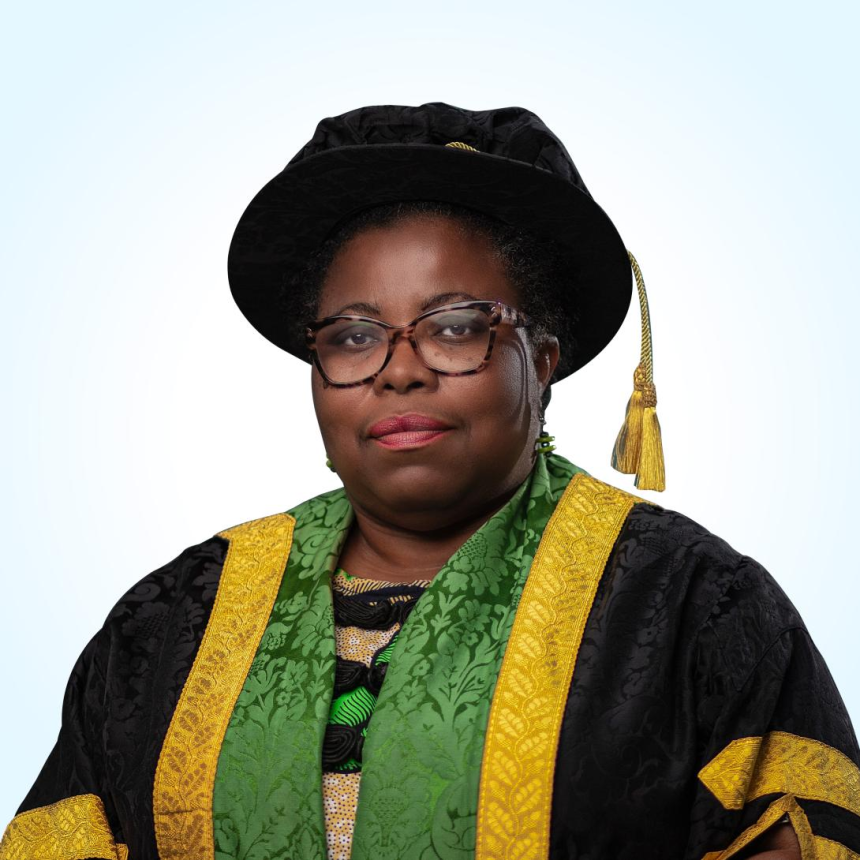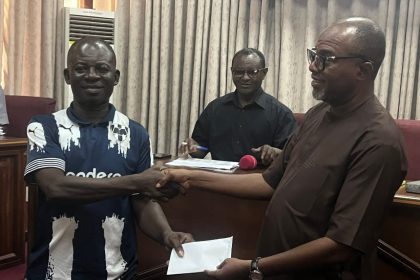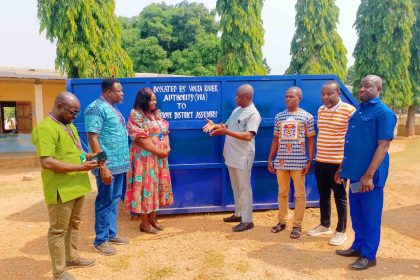Professor Lydia Aziato, Vice Chancellor of University of Health and Allied Sciences (UHAS) has called for processes to prioritize and develop sustainable health solutions that address preventative care.
She said such blueprints must be tailored to the specific cultural and social contexts of communities.
She called for culturally beneficial and fair transnational collaborations in health projects, ensuring neutrality in project design and implementation.
Speaking at the 2025 UHAS Research Conference, Prof Aziato said time was ripe to foster collaboration and partnerships between researchers, practitioners, and communities, as well as promote fair and equitable transnational partnerships to deepen resilience.
The three-day conference is on the theme, “Global Health Resilience Emerging Threats, Policy Impacts and Sustainable Solutions,” which attracted participants from 11 other countries including Switzerland and UK.
Addressing the impact of technology on health, Prof Aziato urged researchers and policymakers to explore the potential of technology including artificial intelligence (AI), and machine learning, in healthcare, while addressing the growing issue of screen addiction and its impact on mental health, particularly among young people.
She called for investments in the future of healthcare through prioritising mentee-mentor relationships and training of the next generation of healthcare professionals.
The Vice Chancellor said COVID-19 pandemic lessons had highlighted the need for sustainable health solutions and preventative measures, rather than solely focusing on hospital-based care.
She emphasised the need for researchers and practitioners to collaborate and co-create interventions with the communities they serve, considering social, cultural, and spiritual factors.
She noted that the university is unique in the country as all programmes are health-related, positioning it as a potential advocate of health issues in the country and sub-region and beyond.
She called for broader and sustainable and accessible regional collaboration with neighboring French-speaking researchers in a south-south cooperation and urged the organising committee to consider the request for scientific inclusion.
Prof Aziato said UHAS was uniquely positioned to advocate health issues to facilitate regional collaboration.
She commended the Organising Committee chaired by Prof Margaret Gyapong for exceeding the trust reposed in them for the conference.
Prof Margaret Gyapong, Chair of the Organising Committee of the Conference said UHAS research conference, which started as a small, in-house Research Dissemination Day” has since expanded to include participants from across Africa and is being encouraged to evolve into a West African Conference on Health and Allied Sciences and thinking sub-Saharan African conference.
UHAS she said had achieved high rankings in Ghana for specific Sustainable Development Goals (SDGs) in the Times Higher Education rankings.
“Of the five SDGs data sent on Ghana, UHAS placed first for good health and wellbeing, and SDG eight on decent work and economic growth; placed second for SDG on poverty and would be undertaking the sub-Saharan African ranking next year and optimistic of urging the big institutions.”
The conference features sub-themes including NTDs, non-communicable diseases, environmental change and public health, antimicrobial resistance, and innovation. The conference will include a symposium on the politics of global health, and discussions on mentorship for young researchers.
Prof Alexander Ansah-Manu, Director of Institute of Health Research noted that with the dwindling global resources for research funding, it was appropriate that nationally, goals to set to drive research.
He said UHAS was zealous to drive maternal and child health research indicating that research was relevant to the livelihoods and survival of mankind.
GNA






